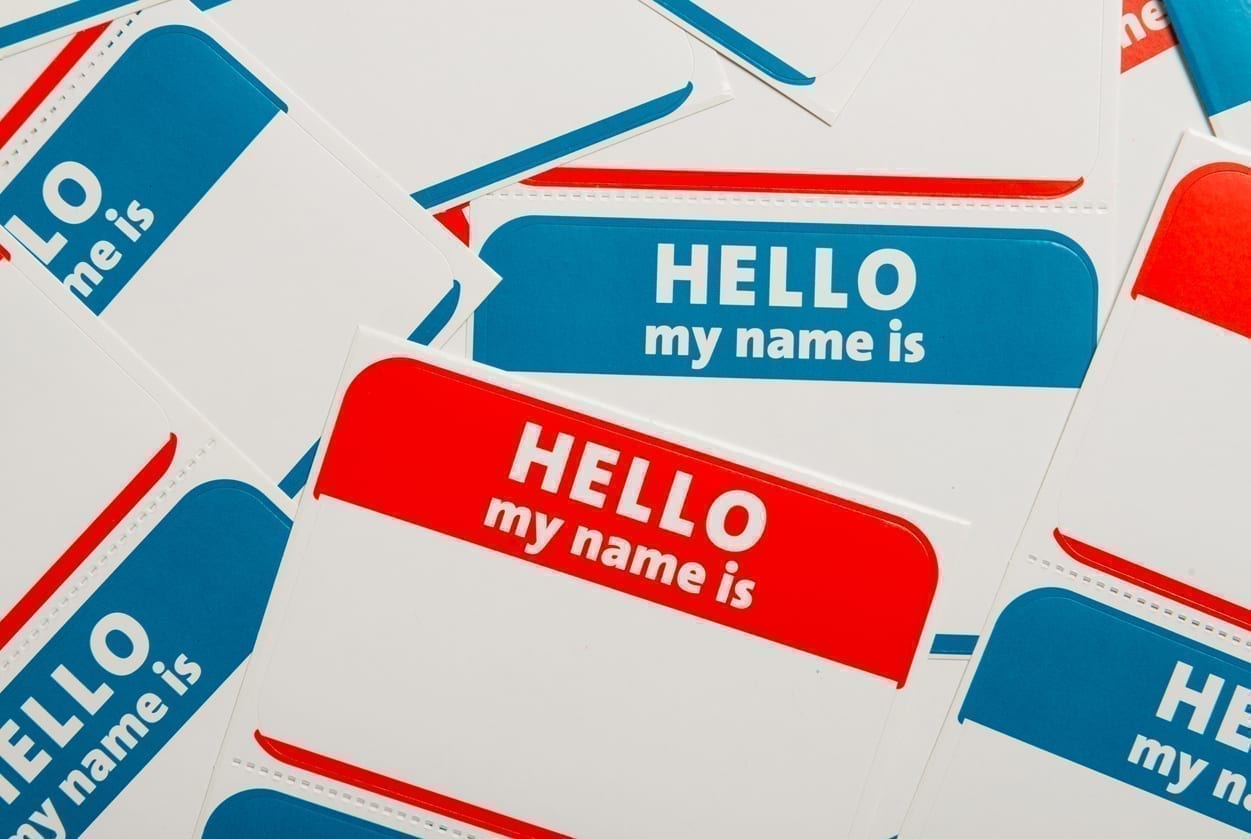By Jhody Polk
We don’t use the word “inmate” on this website. That’s because we recognize it is more than just a word for survivors of the criminal justice system.
You give up your name and receive a new title: “inmate.”
“Inmate” becomes the name, label and identity for those in jail or prison. The first thing you give up when you enter the criminal justice system is your name. You are no longer a parent, sibling, someone’s child or community member. Instead, you become an “inmate,” a “number,” a “defendant,” a “convict” and a “felon.”
“Inmate” describes someone committed to a prison or a hospital. The criminal justice system begins this labeling pre-sentencing in jails, where people are supposed to be innocent until proven guilty. People lose their name and their rights as they sit in cages because they are unable to afford bail.
The word “inmate” also makes it easier for jail and prison staff to not feel stress over the inhumane treatment of prisoners and incarcerated communities. It would be harder to mistreat “Jennifer” than an “inmate.”
The prison industrial complex and mass incarceration in the U.S. have their roots in convict leasing during post-slavery years. Today, it is a billion-dollar industry that profits off the free labor and lives of “inmates.” We choose to honor and remember those lives by calling incarcerated men and women by their names. But we also call them by their identities as community members, loved ones, families and human beings.
The criminal justice system is flawed; not all incarcerated people are guilty.
We don’t use the word “inmate” because we also recognize that the criminal justice system is flawed. There are countless people in custody for crimes that they did not commit. Groups like The Innocence Project and jailhouse lawyers continue to fight for the wrongfully convicted.
We see people being released after serving decades in prisons, only to be exonerated for crimes they did not commit. As many as 97% of people accused of a crime do not exercise their right to a trial. Instead, they plead guilty, with promises of a shorter sentence.
We don’t use the word “inmate” because we stand in solidarity with the formerly incarcerated people’s movement. Formerly incarcerated people nationally are living productive lives. They are advocating for better treatment of the incarcerated. They are demanding the abolition of pathways that lead too many into the criminal justice system.

The word “inmate” has real impact.
When we use “inmate” we can cause trauma to those who have given up their identities to the criminal justice system. It can also cause harm to the families of currently or formerly incarcerated people.
Many of us have not considered the harm or impact of using the word “inmate.” But until the rise of the formerly incarcerated movement, we haven’t had many alternatives. So, what is the solution?
First, there is no one word that fits all. It is important to have this conversation with formerly incarcerated people or incarcerated people if you can. However, different groups in the justice-impacted community have offered a few suggestions.
- Justice-impacted person or people – National Justice Impact Bar Association
- Incarcerated people/Community- LEAH
- Loved ones- Participatory Defense Movement
Words have meaning. We have chosen ones that reflect respect and dignity for individuals.
Words are powerful. How we use them has the ability to shape how we respond, show up and answer to life. People without personal experience could never truly understand the negative impact that the criminal justice system has had on individuals and their families. But we can all begin to humanize the many people living their lives within the criminal justice system. Choosing to call them by name and recognizing that jails and prisons are filled with more than “inmates” is a start.
Jails and prisons are filled with community members who left the community through incarceration. Most of them will one day return. These people are not “inmates.” They are family members and loved ones. They are people who are incarcerated.






